
Israeli crypto users will soon have a new means of regulated crypto trading, but the local ecosystem is not convinced that this is what the crypto industry needs.
When the Tel Aviv Stock Exchange (TASE), the only public stock exchange in Israel, announced that it drafted a proposal for regulation-friendly crypto trading on Feb. 27, it echoed across the crypto industry as a step forward for crypto adoption. However, some experts have framed the proposal as a somewhat underwhelming update to the current crypto landscape in Israel.
In short, the TASE proposes that only authorized brokerages act as fiat-to-crypto onramps, aided by licensed crypto trading providers. The stock exchange said that it designed the framework to mitigate risks and enhance consumer protection. Without a specific timeframe, the proposal will be sent for approval by the TASE board of directors once the public comments have been submitted.
How TASE plans to conduct crypto trading
Non-banking members (NBM) of the Tel Aviv Stock Exchange will play a vital role in the proposed crypto trading services. An NBM is an Israeli broker authorized by TASE. The official roster shows six brokerage firms with a TASE membership, including UBS Securities Israel, Meitav Trade and Fair Financial Technologies. If the proposal passes the board, these brokers will get in touch with two functions, a licensed crypto trading services provider and a licensed crypto custodian, in order to enable customers to deposit and withdraw fiat money to use for crypto investments.
When a customer wants to trade with crypto, they will need to start by depositing fiat money, Israeli shekels or a foreign currency, to their brokerage account. The broker will then deposit the same amount (still in fiat) in an omnibus account at the licensed crypto trading provider, or crypto exchange.
Recent: In crypto winter, DeFi needs an overhaul to mature and grow
As soon as the customer places the order to buy cryptocurrency, the actual purchase will be executed at the crypto exchange via the omnibus account. It will also be recorded in the customer’s brokerage account. Conversely, when a sell order is initiated, the crypto trading platform will sell the coins and send the sum to the same omnibus account as fiat money. From there, the same amount will be deposited back into the customer account at the brokerage.
One step forward
The stock exchange sees a regulatory framework for crypto trading as a means to upgrading the Israeli capital market in line with international standards, according to the announcement, which reads:
“TASE believes that the alignment of local regulation with international regulation will attract more foreign investments and foreign investments and foreign investors into the Israeli market, while at the same time will enable the Israeli public to invest locally, through supervised institutions.”
Ben Samocha, the CEO and co-founder of educational crypto platform CryptoJungle, referred to enabling crypto trading for authorized brokers as another milestone for crypto adoption in Israel. According to him, TASE’s proposal shows the crypto industry’s reputation is back on track after scandals surrounding FTX and Celsius damaged its credibility and trust.

“Leading brokers such as Excellence and Meitav Trade are providing services for hundreds of thousands of Israelis,” Samocha said, adding that there have been many requests of them to offer crypto services, “especially in the last two years.”
While the nature of the TASE solution will make cryptocurrency more accessible as an investment vehicle, Samocha stressed that it’s not the best solution for the end user:
“Users will only be able to deposit and withdraw fiat, not crypto. The crypto itself will be held in custody by a third party. While it's a step towards the right direction, we still have a long way to go.”
Mark Smargon, the founder and CEO of blockchain-based payment platform Fuse, agreed that the proposal is “not improving anything for the clients themselves.” Since the proposal only includes authorized brokerages that are members of the Tel Aviv Stock Exchange, Smargon believes that it won't have much impact on non-public firms or banks.
Two steps back
Delving into technical details of the proposal, Smargon pointed out that it’s mainly for purchasing crypto “within a closed-loop system.” The idea of self custody goes out of the window with the TASE proposal, and users would need to invest in crypto via a select number of brokers and custodians. “That misses the point of the technological advantage of blockchain and only lets users speculate on asset prices,” he added.
Smargon highlighted the underwhelming impact the proposal would potentially have on the local crypto ecosystem, as “just a handful of licenses were issued while general bank acceptance is low.” He said:
“If the objective is to create clarity with listed companies that wish to provide crypto trading for their clients by giving a handful of centralized, authorized entities the rights to all the brokering and custody, then that sounds like one step forward and two steps backward.”
Aside from drafting a crypto trading framework that prioritizes tighter control for investor protection, the TASE is also working on advancing blockchain adoption within the country’s finance ecosystem. Together with the Israeli Ministry of Finance, digital assets custody provider Fireblocks and the United States-based tech provider VMware, TASE plans to pilot a blockchain-backed platform for trading digital bonds.
Recent: Is the IMF shutting the door prematurely on Bitcoin as legal tender?
Expected to be finished by the end of March, the pilot will see participating banks receiving a new series of tokenized government bonds in their e-wallets via the newly developed platform, transferring the money held in digital currencies to the Israeli government’s digital wallet.
Shira Greenberg, the chief economist at the Israeli Ministry of Finance, published a detailed report titled “Regulation of the Digital Assets Sector — Roadmap to a Policy” that focuses on the rise of digital currencies and how policymakers can tackle the legal aspect of crypto. Greenberg recommended strict licensing requirements for trading providers and issuers of cryptocurrencies to keep investors protected.

You can get bonuses upto $100 FREE BONUS when you:
💰 Install these recommended apps:
💲 SocialGood - 100% Crypto Back on Everyday Shopping
💲 xPortal - The DeFi For The Next Billion
💲 CryptoTab Browser - Lightweight, fast, and ready to mine!
💰 Register on these recommended exchanges:
🟡 Binance🟡 Bitfinex🟡 Bitmart🟡 Bittrex🟡 Bitget
🟡 CoinEx🟡 Crypto.com🟡 Gate.io🟡 Huobi🟡 Kucoin.
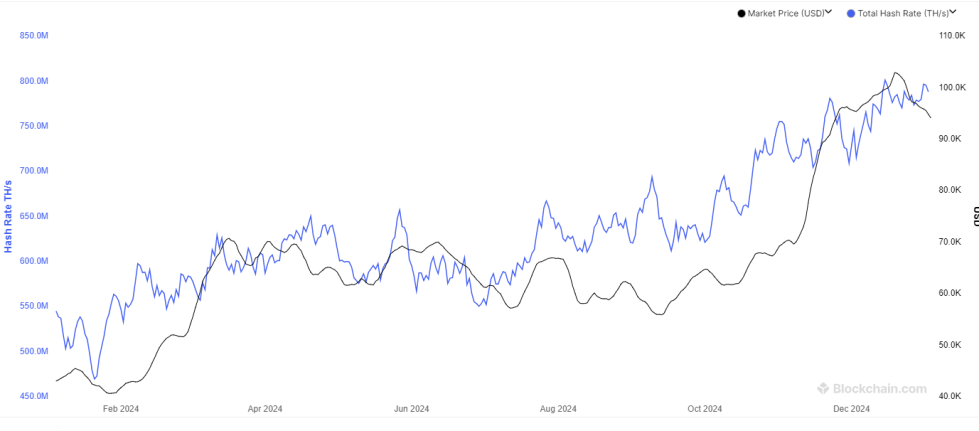

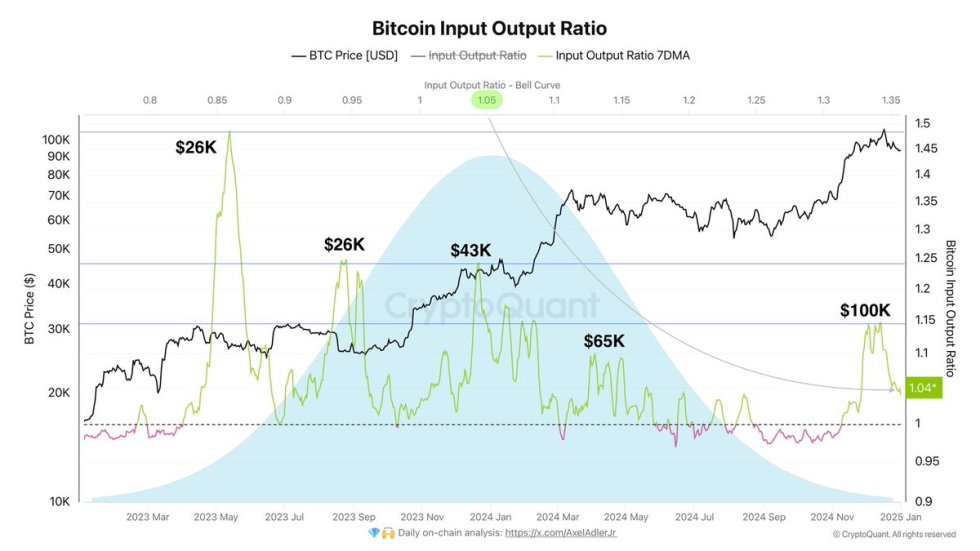
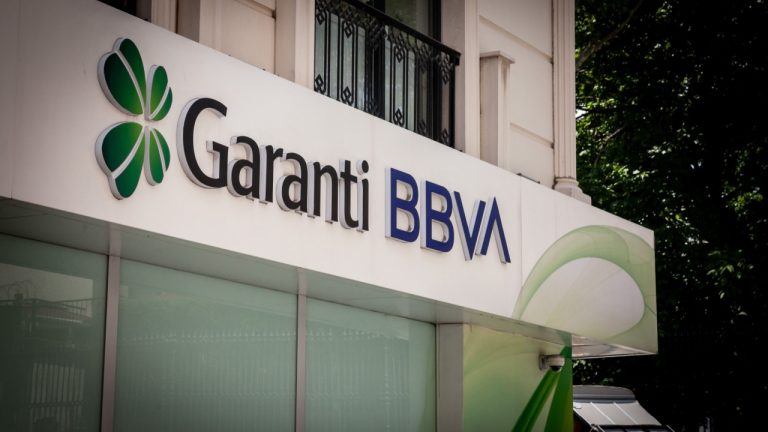

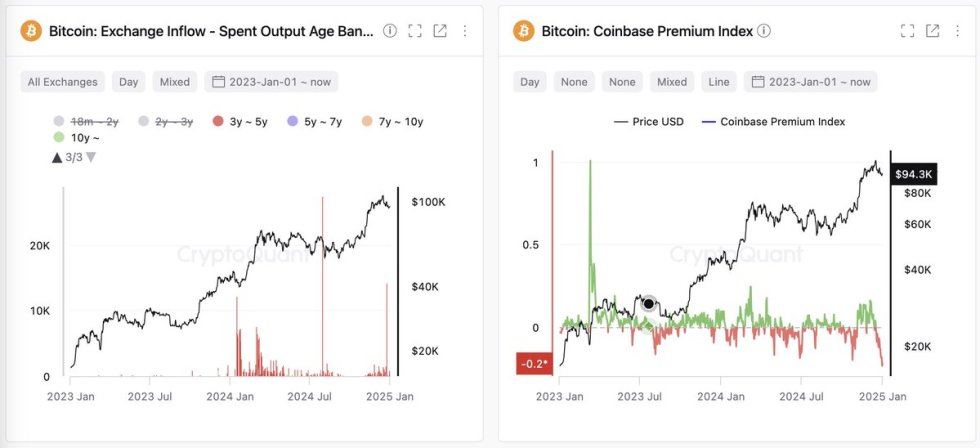












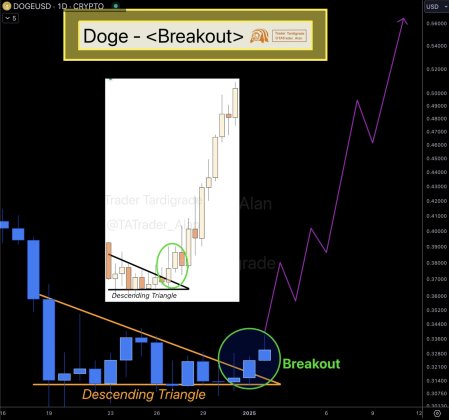

Comments